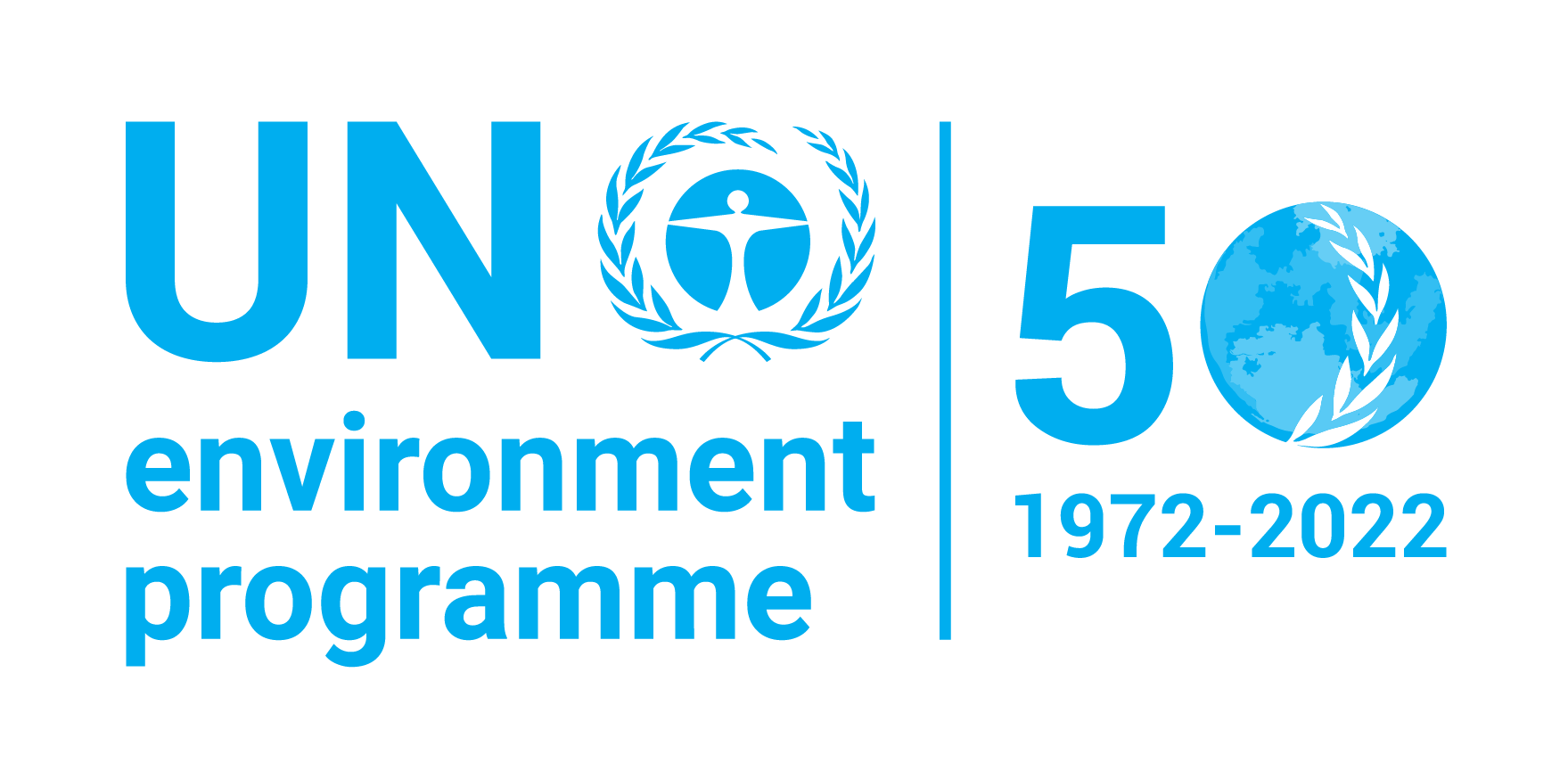| dc.description | For more than 80% of the people living on earth, spiritual values have been the main driving force behind individual behaviours. Citizens perceive faith-based organizations to be trustworthy, credible, and networked with dynamism that enables them to operate and respond to the needs and values of the communities on ground. Spiritual beliefs and religious practices are also interwoven with cultural values, social principles, political engagement, and economic prosperity. Faith-Based Organizations (FBO) have been recognized by the UN system as key players in eradicating poverty, improving people’s health, protecting the environment, and thus helping to work towards sustainable development. Research reveals that over 190 faith-based organizations have been actively involved with working at the global, regional, and local levels in addressing climate change, energy conservation, sustainable use of biodiversity, and reforestation, among others. Coupling environmental concerns with duty of care, can help enhance the role of religion and culture working together to achieve sustainability. | en_US |


